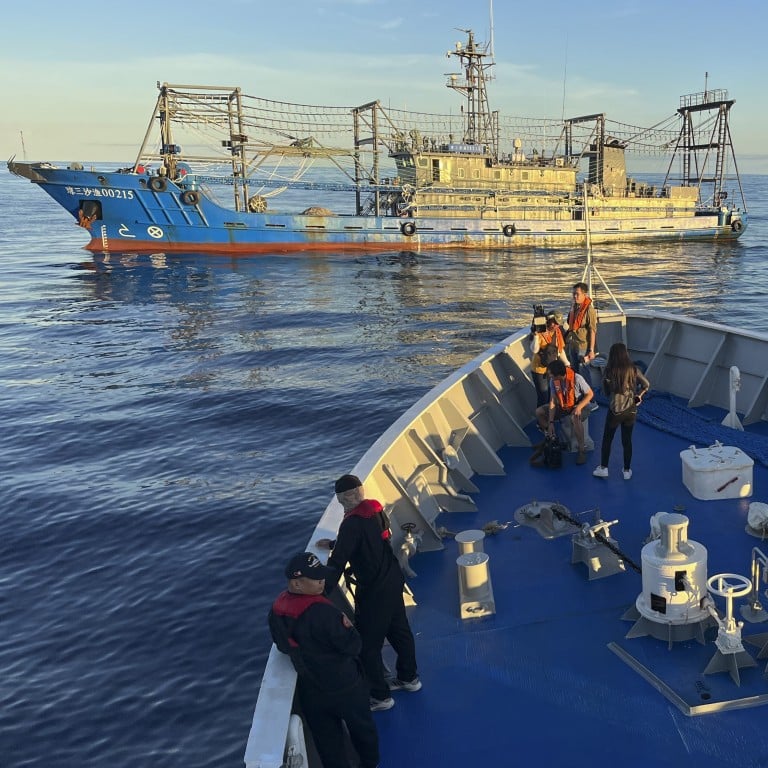
Maria Siow from the South China Morning Post highlights the forthcoming ASEAN Defense Ministers’ Meeting in Jakarta, focusing on the escalating South China Sea tensions, particularly between China and the Philippines. This meeting marks a critical moment in regional geopolitics as the participation of US Defense Secretary Lloyd Austin reflecting America’s commitment to maintaining stability in the Indo-Pacific region.
The South China Sea dispute, particularly between China and the Philippines, dominates the upcoming ASEAN Defense Ministers’ Meeting (ADMM) in Jakarta. This regional conflict isn’t just a matter of territorial claims, it also represents complex geopolitical power plays, resource competitions, and national sovereignty claims.
The conflict between China and the Philippines, along with ASEAN members like Vietnam, Malaysia, and Brunei, is coming to a boil over these territorial claims. However, global powers, like the US, have a significant stake, given their strategic interests in maintaining regional stability. It is likely that the US will play a major role in the upcoming meeting in order to protect their own national interests.
Historically, the South China Sea has been of strategical importance because of the resource-rich waters. China intensifies disputes in this region by expanding territorial claims, marked by the ‘nine-dash line’, which overlaps with the maritime zones of several Southeast Asian nations. China also, as recently as September, added a tenth dash to this line, encompassing Taiwan and encroaching on Japanese waters. Vital maritime trade routes and potential oil and gas reserves make this area very important as the aggressive actions of China are choking key trading, resource, and fishing routes in the area.
The images depict a clear power imbalance between the Philippines, in a defensive posture, and more dominant Chinese forces, spraying a water hose on the smaller fishing vessel. 
The ADMM meeting embodies regionalism, reflecting how regional blocs like ASEAN are navigating the complexities of diplomacy, sovereignty, and collective security. Involving external powers in this meeting, particularly the US, highlights the juxtaposition between regional conflicts and global geopolitical strategies.
The agenda of this meeting underscores how important regional unity is in the face of external factors challenging maritime security in the South China Sea. The ADMM meeting and the issues it seeks to address reflect the intricacies of regional politics, international law, and global power dynamics; underscoring the importance of regional cooperation in the face of unilateral assertiveness, or even aggression, and highlighting the role of international alliances in maintaining a balance of power.
